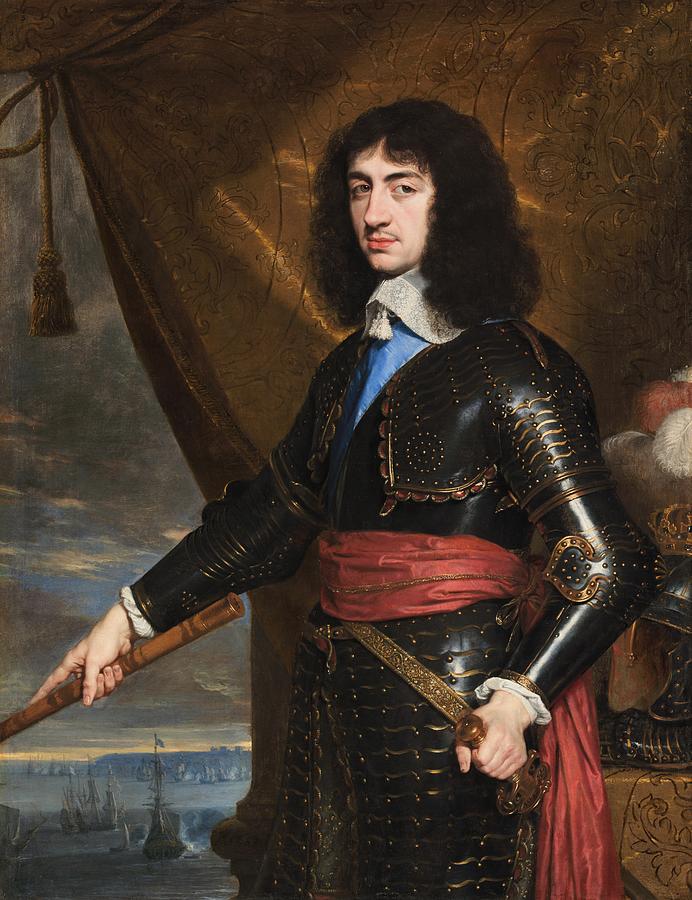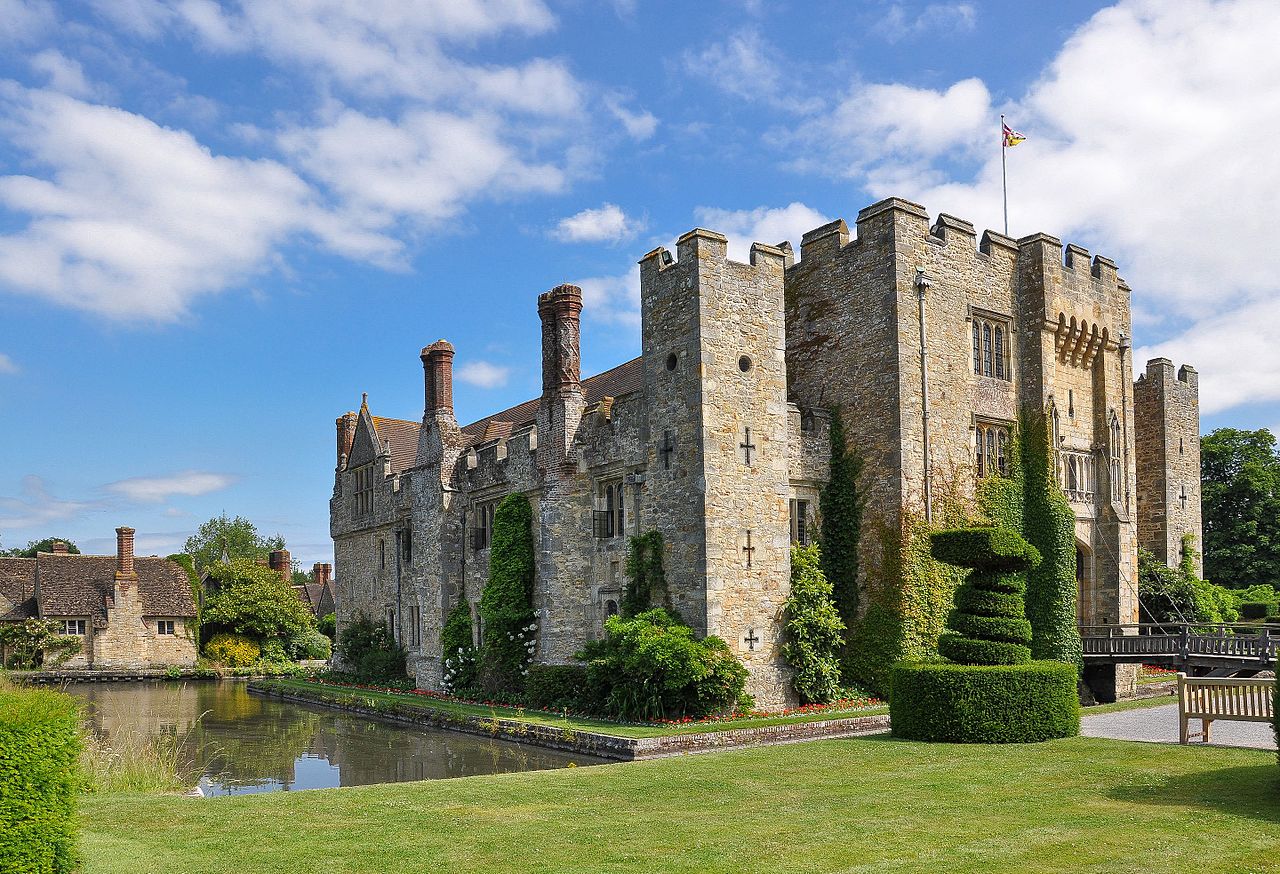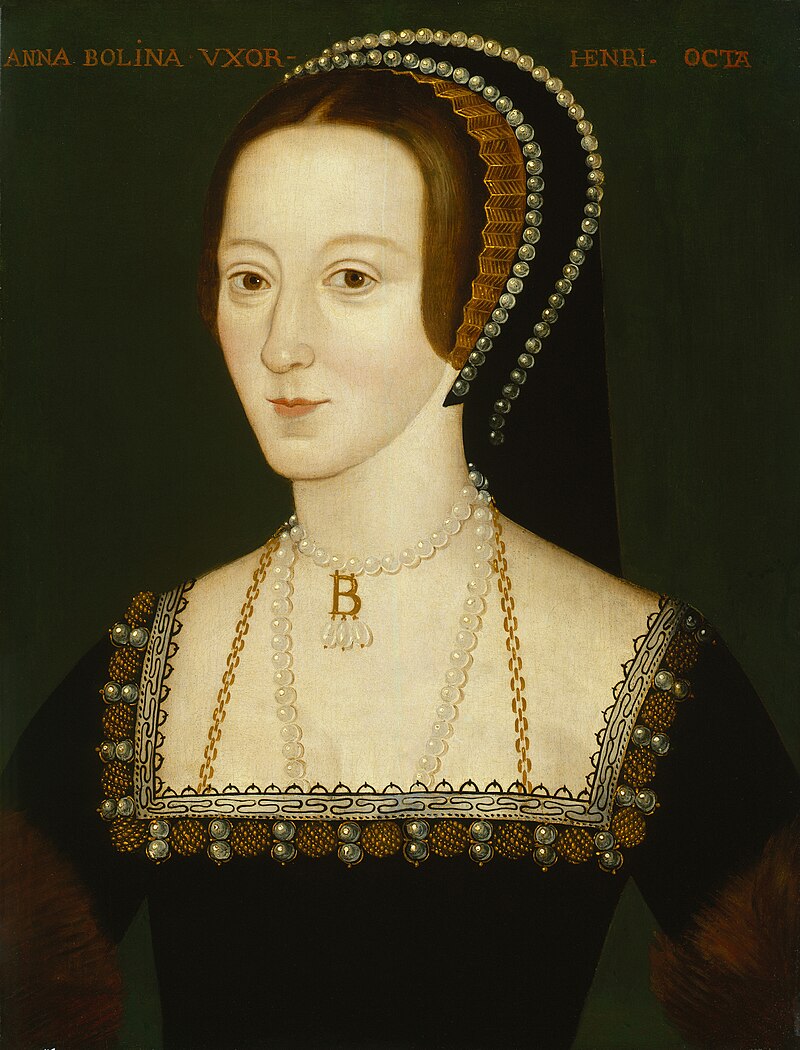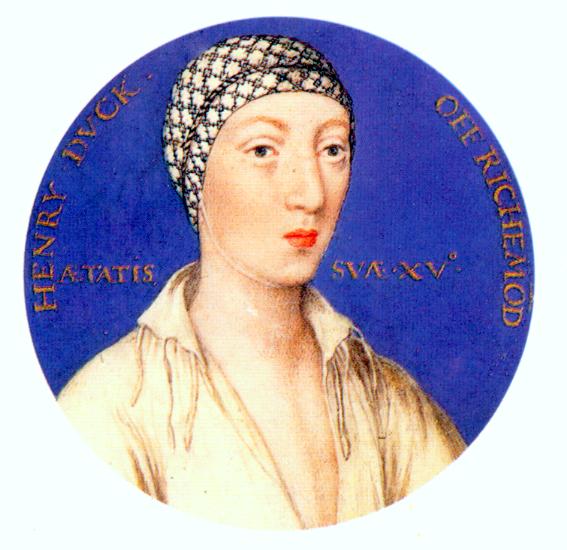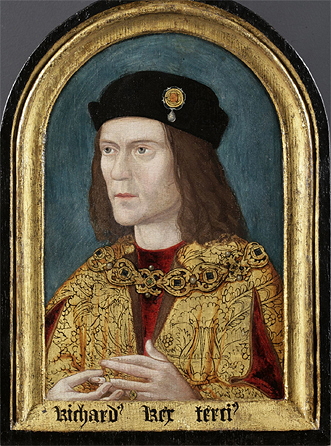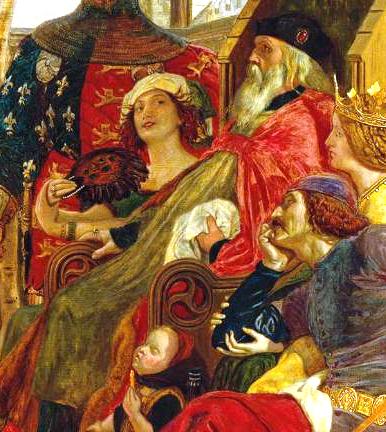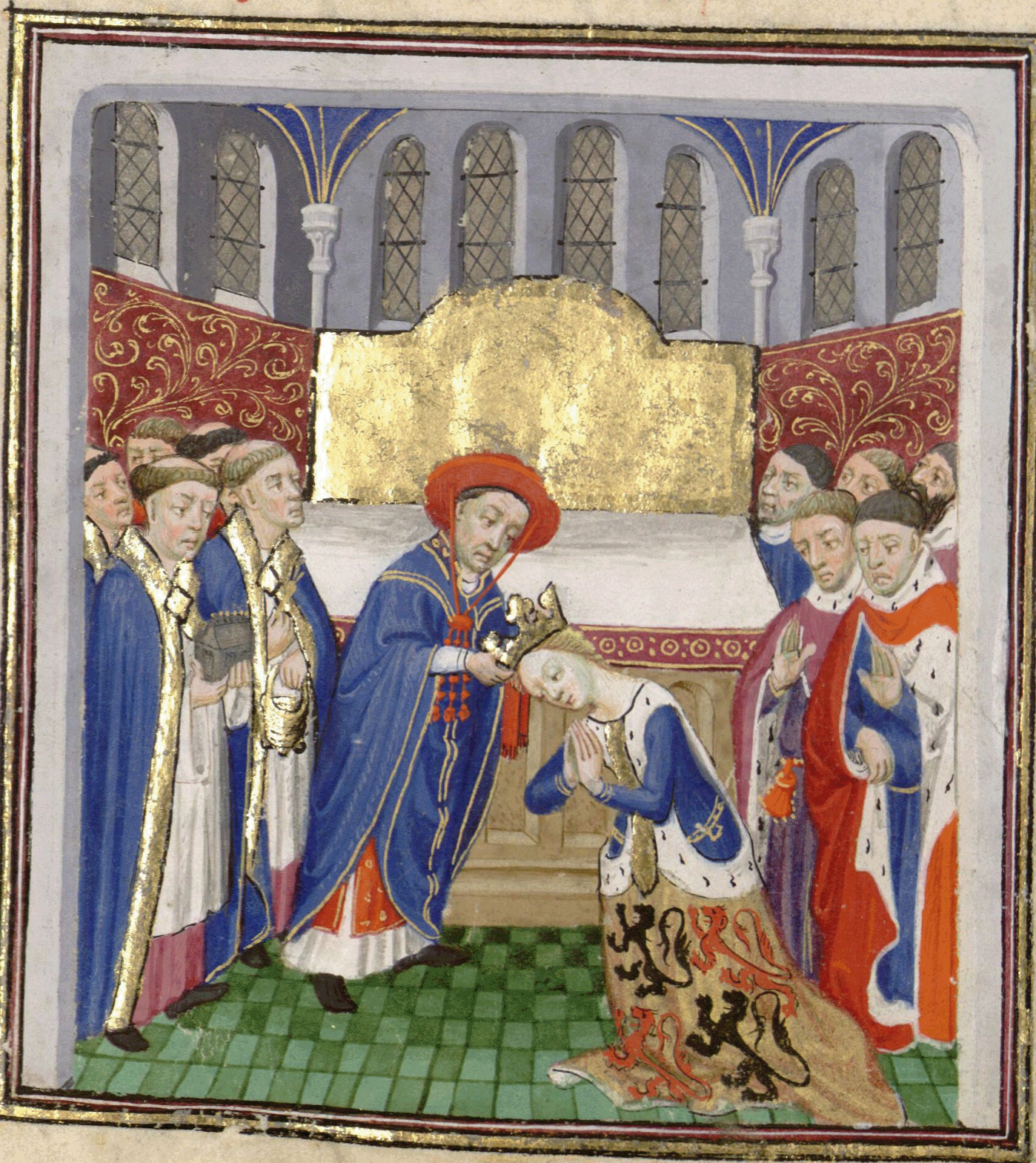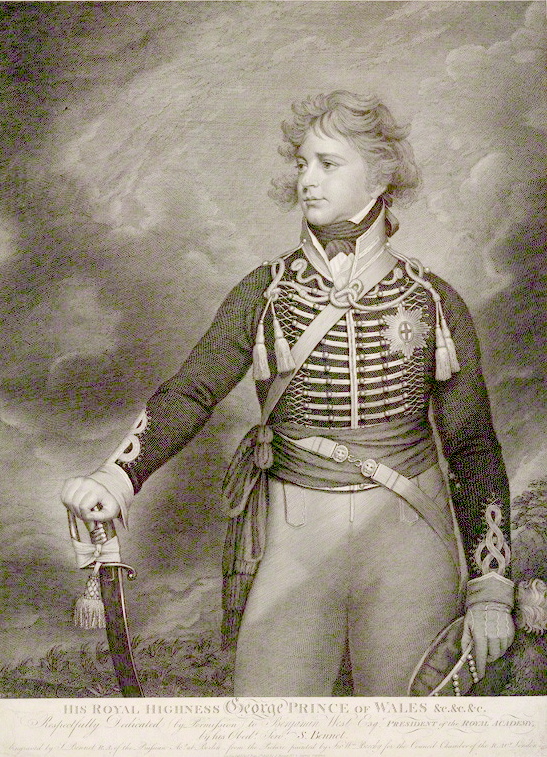by Susan Flantzer © Unofficial Royalty 2020

Barbara Palmer, 1st Duchess of Cleveland; Credit – Wikipedia
Barbara Palmer, 1st Duchess of Cleveland was born as Barbara Villiers in Westminster, London, England on November 27, 1640. She was the only child of William Villiers, 2nd Viscount Grandison and Mary Bayning. William Villiers was the son of Sir Edward Villiers, a half-brother of George Villiers, 1st Duke of Buckingham who was a court favorite during the reigns of King James I and King Charles I. William also had other relatives who had been courtiers at the English court. Barbara’s mother was the daughter of Paul Bayning, 1st Viscount Bayning. In 1643, Barbara’s father died in the First English Civil War, leaving his 18-year-old widow and his three-year-old daughter in financial difficulty. Barbara’s mother soon married Charles Villiers, 2nd Earl of Anglesey, her late husband’s cousin. The marriage resulted in no children and Barbara’s stepfather died from smallpox in 1660.

Roger Palmer, 1st Earl of Castlemaine; Credit – Wikipedia
Barbara was considered one of the most beautiful of the young Royalist women but her lack of a dowry did not help her marriage prospects. On April 14, 1659, Barbara married the Roman Catholic Roger Palmer (1634 – 1705), later 1st Earl of Castlemaine, against his family’s wishes. At the end of 1659, Roger and his new wife left with other supporters of the exiled Charles, Prince of Wales (the future King Charles II) joining him in the Netherlands. In 1660, Barbara became Charles’ mistress. After years of exile during the Commonwealth, on May 1, 1660, Parliament formally invited Charles, as King Charles II, to be the English monarch in what has become known as the Restoration. On May 23, 1660, Charles landed in Dover, England, and on his 30th birthday, May 29, 1660, King Charles II entered London in a procession.
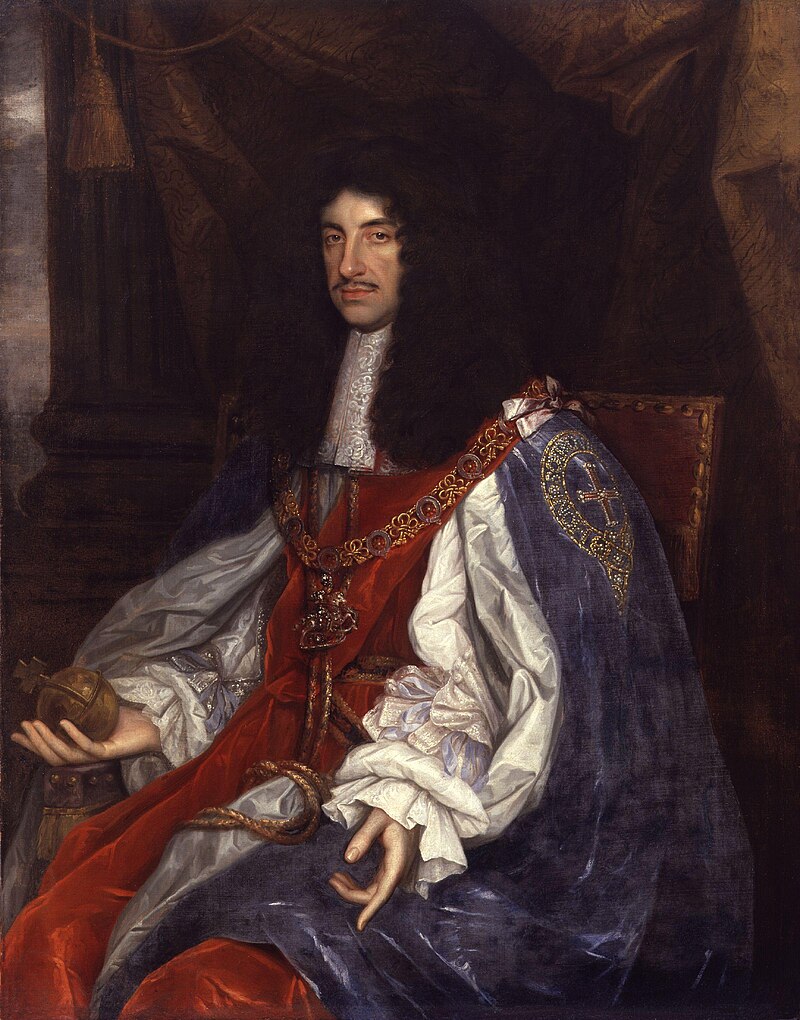
King Charles II in Garter Robes; Credit – Wikipedia
On February 25, 1661, Barbara gave birth to her first child, a daughter named Anne. She was probably the daughter of Charles II, although some people believed she resembled Philip Stanhope, 2nd Earl of Chesterfield. Charles II, the Earl of Chesterfield, and Roger Palmer all claimed to be the father of Anne. As a reward for Barbara’s services, Charles II created Roger Palmer Earl of Castlemaine in 1661. In 1662, Barbara gave birth to a son named Charles, most likely fathered by King Charles II. Roger Palmer insisted on treating the boy as his son and had him baptized as a Roman Catholic but six days later Charles II had him re-christened in the Church of England. Little Charles’ birth marked the separation of Barbara and Roger Palmer. Barbara had other children but Palmer claimed none of them. Through their children, Barbara Palmer and King Charles II are the ancestors of Diana, Princess of Wales and Sarah, Duchess of York, and their children Prince William, Prince Harry, Princess Beatrice, and Princess Eugenie. They are also the ancestors of the Mitford sisters, philosopher Bertrand Russell, British Prime Minister Sir Anthony Eden, and Serena Armstrong-Jones, Countess of Snowdon.

Barbara Palmer with her son Charles FitzRoy as Madonna and Child; Credit – Wikipedia
Children of Barbara Palmer:
- Lady Anne FitzRoy (1661–1722), married Thomas Lennard, 1st Earl of Sussex, had four children
- Charles FitzRoy, 2nd Duke of Cleveland, 1st Duke of Southampton (1662–1730), married (1) Mary Wood, no issue, (2) Anne Pulteney, had six children
- Henry FitzRoy, 1st Duke of Grafton (1663–1690), married Isabella Bennet, 2nd Countess of Arlington, had one son
- Lady Charlotte FitzRoy (1664–1717), married Edward Lee, 1st Earl of Lichfield, had eighteen children
- George FitzRoy, 1st Duke of Northumberland (1665–1716), married (1) Catherine Wheatley, no issue, (2) Mary Dutton, no issue
- Barbara FitzRoy (1672–1737), unmarried, became a nun taking the name Sister Benedicta; her mother claimed that she was Charles II’s daughter but she was probably the child of her mother’s second cousin and lover, John Churchill, later Duke of Marlborough
In 1662, King Charles II married Catherine of Braganza. Charles insisted on making Barbara Palmer Catherine’s Lady of the Bedchamber, and Barbara served in that position from 1663–1673. Catherine declared she would return to Portugal rather than openly accept the arrangement with Barbara. Charles then dismissed nearly all the members of Catherine’s Portuguese retinue, after which she stopped actively resisting, which pleased Charles, however, she participated very little in court life and activities. Despite fathering at least 16 illegitimate children with his mistresses, Charles had no children with Catherine.
In December 1663, Barbara converted from the Church of England to Roman Catholicism. Some historians believe it was an attempt to strengthen her position with King Charles II, and some believe it was a way of restoring her ties with her Catholic husband Roger Palmer. Upon hearing of Barbara’s conversion King Charles II said he was interested in ladies’ bodies, not their souls.

Barbara Palmer, circa 1666; Credit – Wikipedia
In 1670, Barbara was created Duchess of Cleveland in her own right. The dukedom was created with a special remainder allowing it to be inherited by her first son, Charles FitzRoy, and his heirs male, despite her son being illegitimate.
Throughout their relationship, King Charles II had taken other mistresses and Barbara also had other lovers. King Charles II was displeased that Barbara’s promiscuity and extravagant spending made her a target for satirists to use to ridicule him and his court. The 1673 Test Act banned Catholics from holding office and Barbara lost her position as Lady of the Bedchamber. King Charles II cast her aside and took Louise de Kérouaille as his newest favorite mistress. Barbara eventually reconciled with King Charles II and he enjoyed an evening in her company a week before he died in February 1685.

Barbara Palmer, Duchess of Cleveland in 1705; Credit – Wikipedia
After the death of her husband Roger Palmer in 1705, 64-year-old Barbara married Robert Fielding. Six months later, she discovered Fielding was a fortune hunter and a bigamist. She divorced Fielding and had him prosecuted for bigamy. Barbara then retired to Walpole House in Chiswick Mall, Chiswick, London, England, supported by her grandson Charles FitzRoy, 2nd Duke of Grafton. She died at Walpole House on October 9, 1709, aged 68, of dropsy (edema), and was buried at the Old Chiswick Cemetery at St. Nicholas Church in Chiswick, London, England.

Old Chiswick Cemetery; Credit – https://www.findagrave.com/
This article is the intellectual property of Unofficial Royalty and is NOT TO BE COPIED, EDITED, OR POSTED IN ANY FORM ON ANOTHER WEBSITE under any circumstances. It is permissible to use a link that directs to Unofficial Royalty.
Works Cited
- En.wikipedia.org. 2020. Barbara Palmer, 1St Duchess Of Cleveland. [online] Available at: <https://en.wikipedia.org/wiki/Barbara_Palmer,_1st_Duchess_of_Cleveland> [Accessed 12 September 2020].
- En.wikipedia.org. 2020. Roger Palmer, 1St Earl Of Castlemaine. [online] Available at: <https://en.wikipedia.org/wiki/Roger_Palmer,_1st_Earl_of_Castlemaine> [Accessed 12 September 2020].
- En.wikipedia.org. 2020. William Villiers, 2Nd Viscount Grandison. [online] Available at: <https://en.wikipedia.org/wiki/William_Villiers,_2nd_Viscount_Grandison> [Accessed 12 September 2020].
- Flantzer, Susan, 2016. King Charles II Of England. [online] Unofficial Royalty. Available at: <https://www.unofficialroyalty.com/king-charles-ii-of-england/> [Accessed 12 September 2020].
- Fr.wikipedia.org. 2020. Barbara Palmer. [online] Available at: <https://fr.wikipedia.org/wiki/Barbara_Palmer> [Accessed 12 September 2020].
- Fraser, Antonia, 1979. King Charles II. London: Phoenix.



